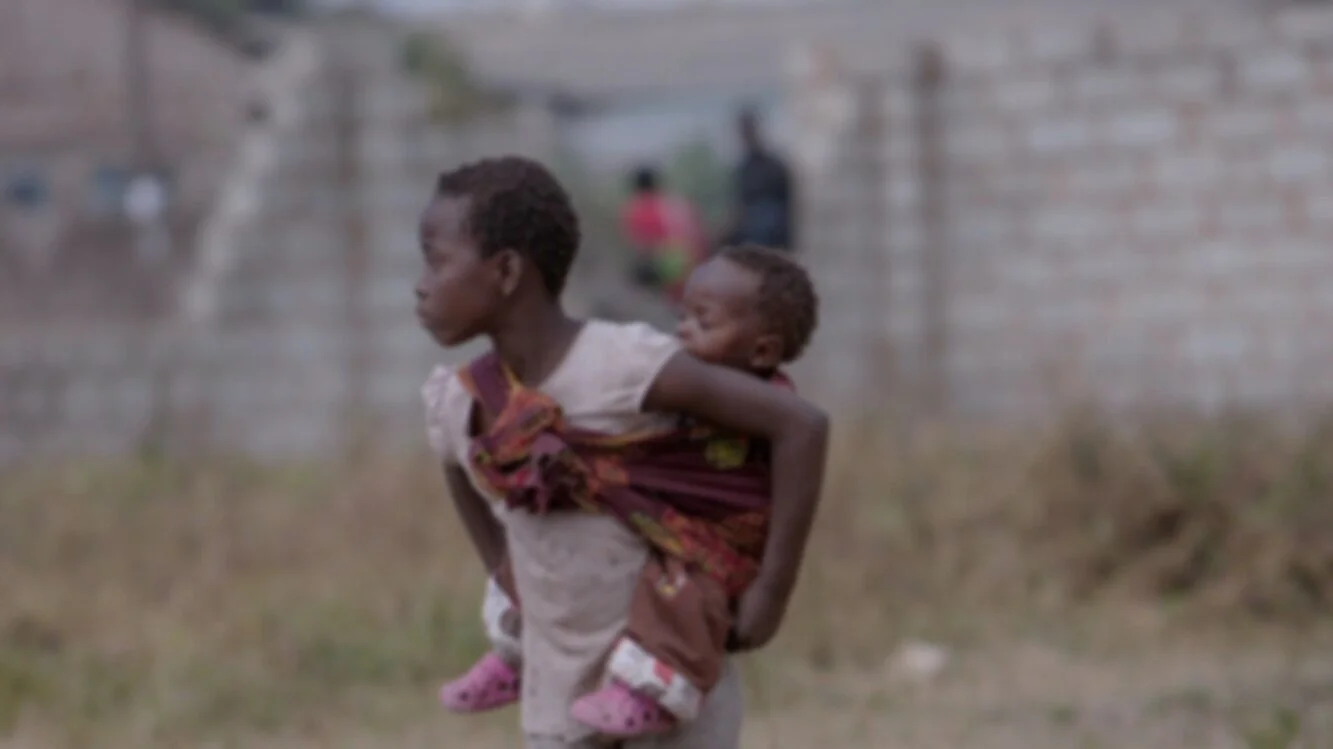The abused, teenage, pregnant girl is voiceless in sub-Saharan Africa. As sexual abuse runs rampant through her community, her cry for help is one of thousands.
Young girls who become pregnant from abuse are silenced, discarded, and shamed among their society. In Zambia, there are no facilities and little resources to help these girls, who oftentimes end up alone or on the streets. Forced to fend for themselves, these girls sometimes resort to prostitution, abortion, or suicide.
In Zambia, 89% of all sexual abuse cases reported are child defilement. Only 13% of child defilement cases result in conviction. There is little faith in or fear of Zambia’s justice systems, so child defilement continues to perpetuate. Furthermore, rape is a bailable offense in Zambia - so even if a rapist is imprisoned, there is no guarantee that they will remain out of society. It is because of this continued absence of justice that over half of all women in Zambia attribute their first sexual experience to rape.
74% of the population of Zambia lives on less than $1.25 per day. For the families of so many of these girls who become pregnant by abuse, the unborn baby represents another mouth they cannot afford to feed. Providing the baby with proper nutrition, care, and critical brain development is oftentimes out of reach for families who barely have the means to keep the baby alive. It is for this reason that girls in this situation are often kicked out, left to fend for themselves.
45% of Zambia’s population is under the age of 15 years old. That means half of the nation is made up of children. During her childbearing years, the average Zambian female will give birth to more than 5 children, most of whom will not live to see their 55th birthdays.
Among the lower socio-economic populations in Zambia, physical, emotional, and sexual abuse are all prevalent and are practices that take place unchallenged by the community culture. The cycle of abuse manifests as trauma from one generation to another; and without the proper individual recognition, emotional processing, and reframing of this trauma, the cultural continuation and acceptance of abuse does not stop.
WHAT’S THE SOLUTION?
The programs we have designed at TKP and offer to families in these very situations address many of the issues listed above. Our heart is to bring an end to much of the systemic generational abuse, while providing healing empowerment to those that need it now.
Click below to learn more about how TKP is fighting back for these girls, their babies, and their families.







